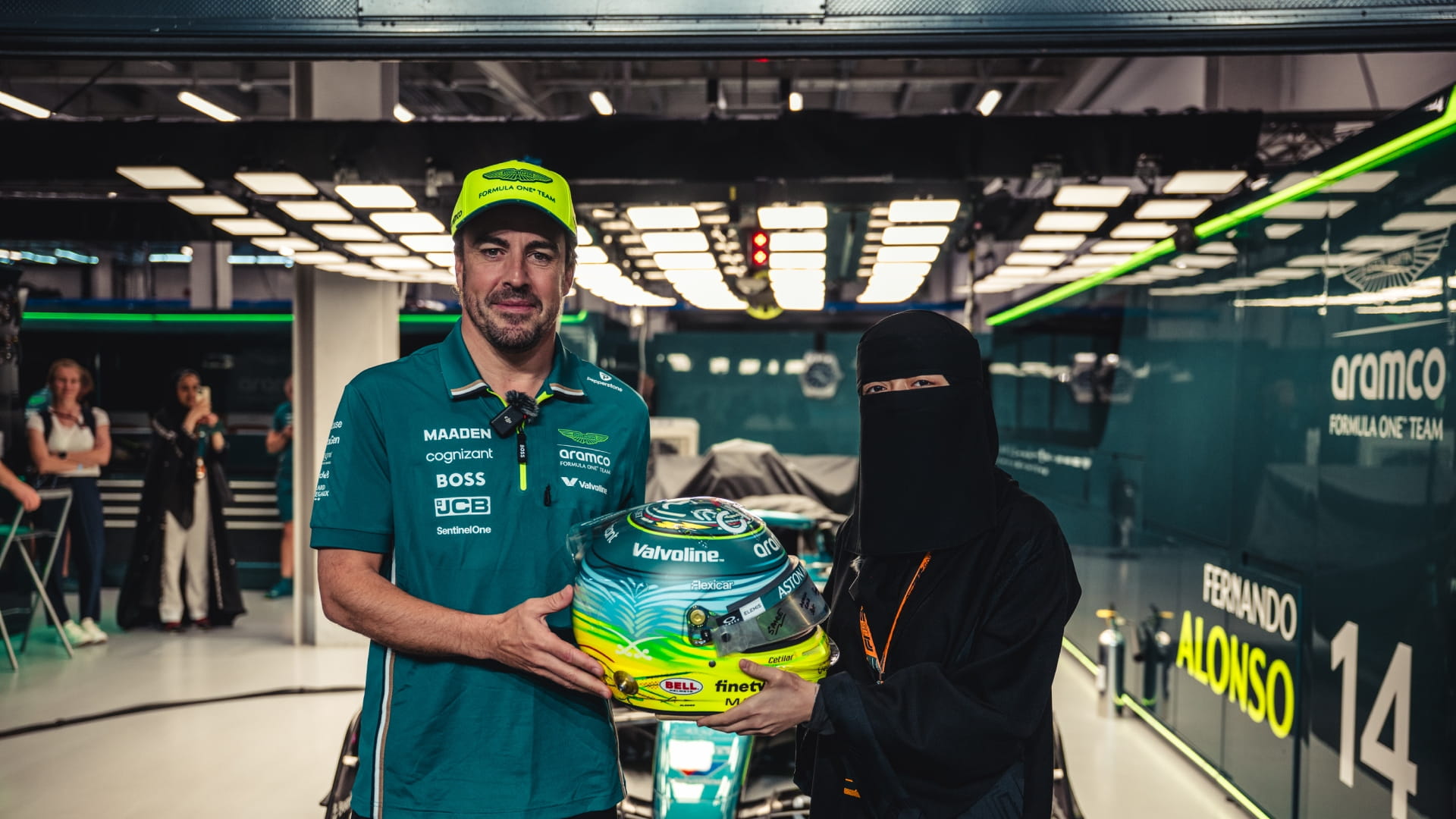Car
Technical images from the 2025 Bahrain and Saudi Arabian Grands Prix explained
by Samarth Kanal
5min read
.jpg?cx=0.5&cy=0.5)
The garage and pitlane are a hive of activity in the leadup to every Formula 1 Grand Prix and, in Bahrain and Saudi Arabia, we peeked in to take a closer look at more technical details of the 2025 F1 cars.
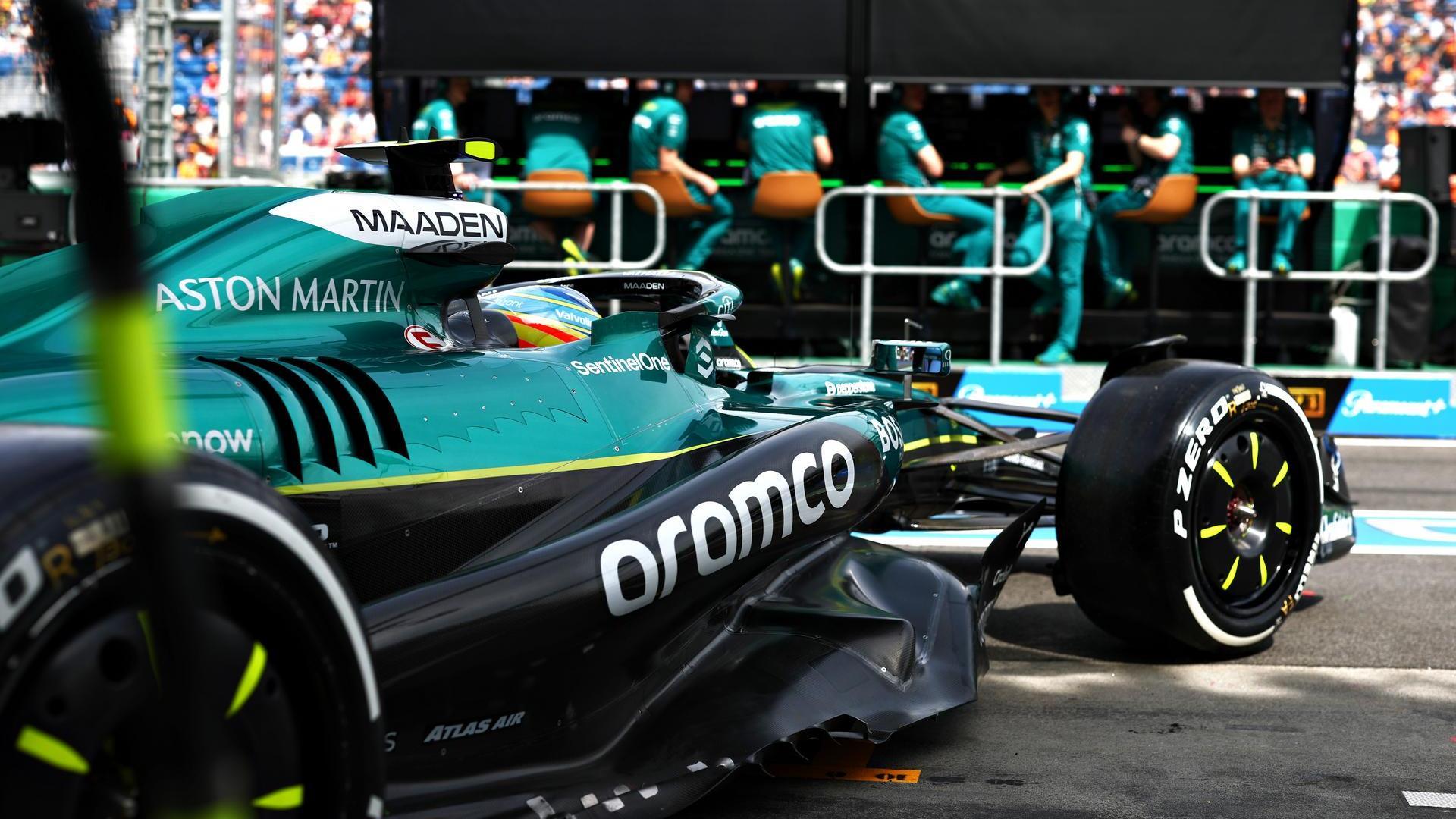
Sign up for a weekly newsletter and we'll make sure you're fully up-to-date in the world of race technology
The first Middle Eastern pair of races in 2025 followed the 2025 Japanese Grand Prix at Suzuka. First up was the 2025 Bahrain Grand Prix in the heat of the desert before the field travelled west to Saudi Arabia for a rapid street race around Jeddah Corniche Circuit.
Teams generally brought circuit-specific changes to their cars with cooling a particular priority, and the opening up of bodywork revealed seldom-seen details of the F1 cars.
Scroll down to view technical images from the pitlanes of Sakhir and Jeddah.
2025 Bahrain Grand Prix
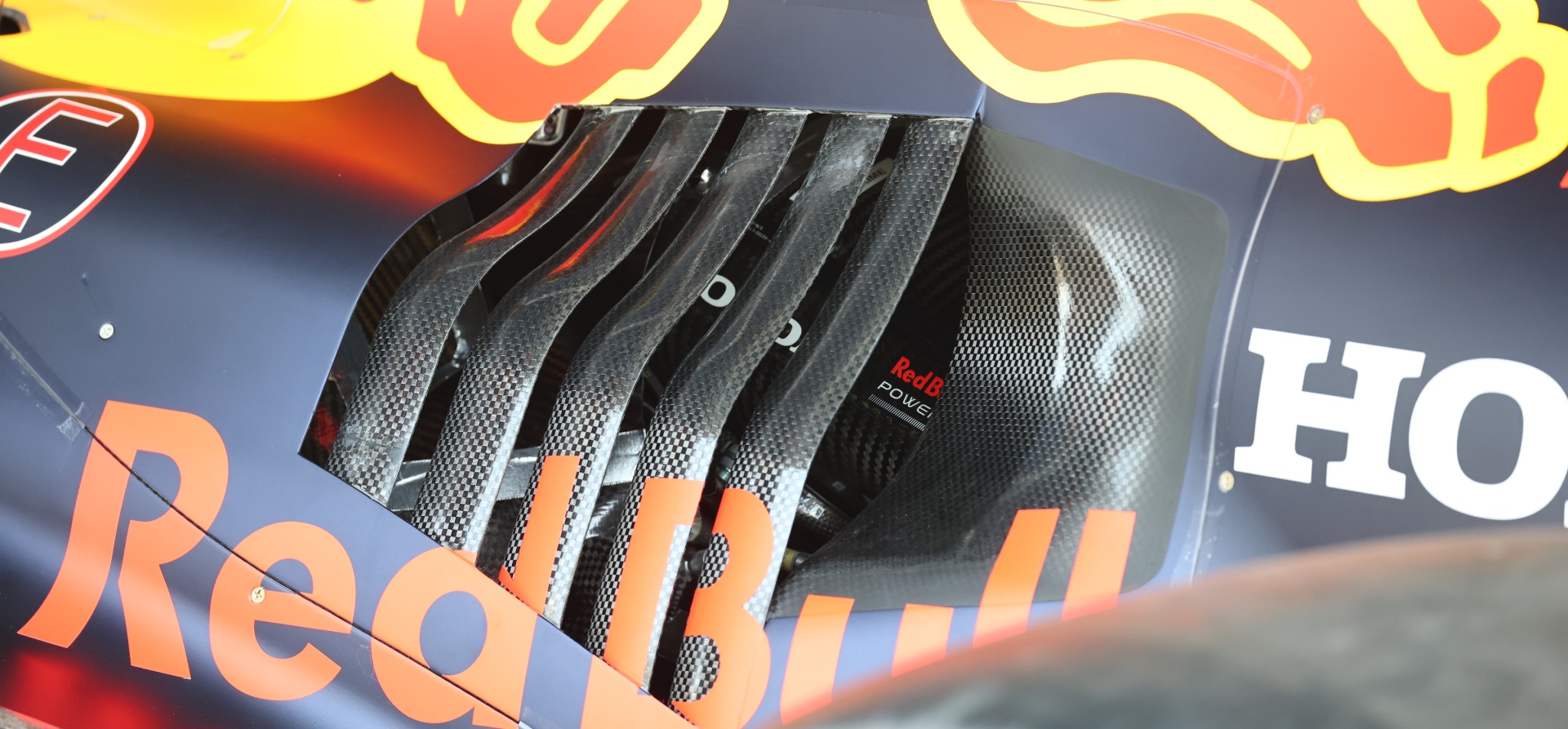
The engine cover louvres on the Red Bull RB21 in Bahrain where high temperatures required teams to open up their respective engine covers to allow more air in and out. Through the engine cover it’s possible to see part of the Red Bull/Honda power unit.
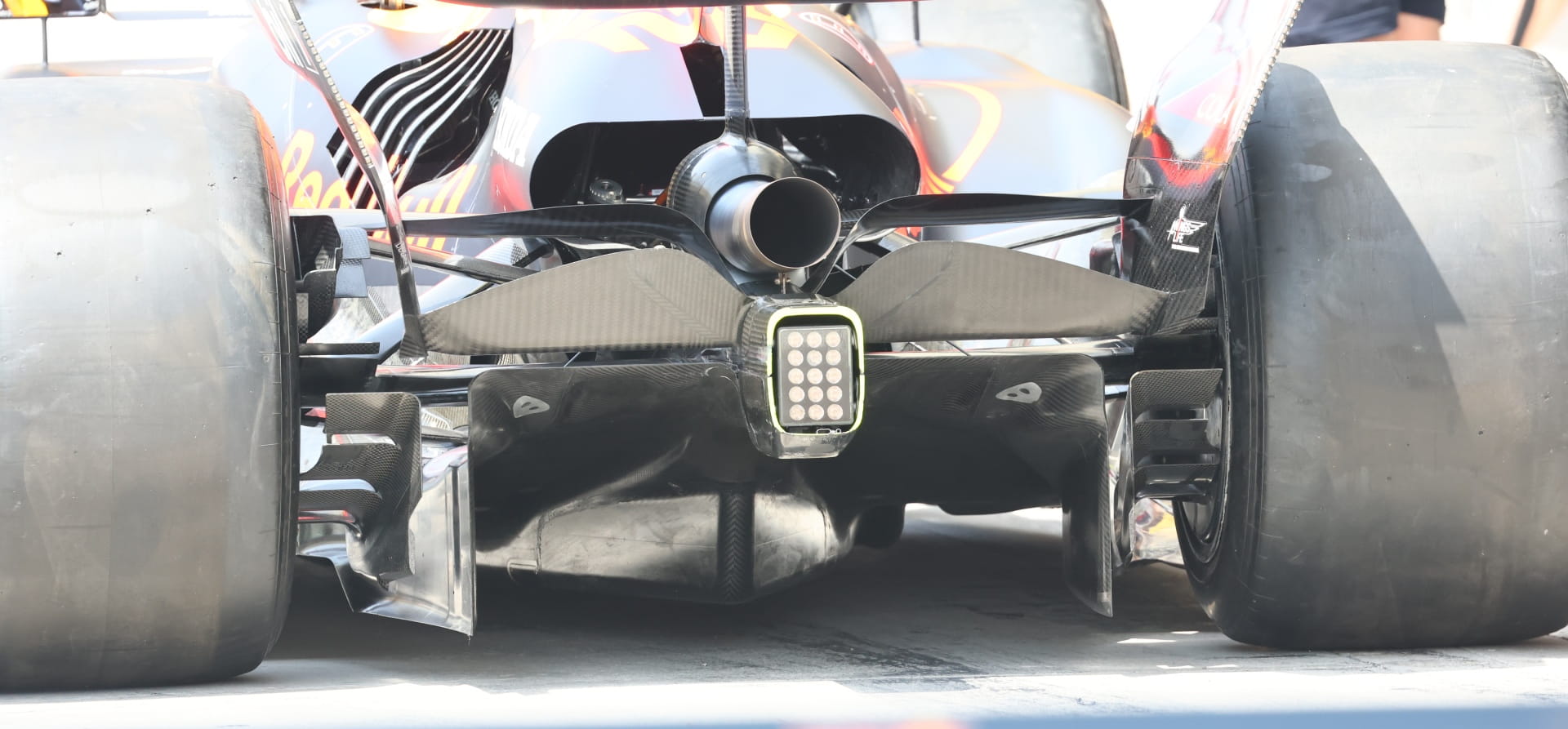
Rear view of the Red Bull RB21 in Bahrain showing the engine cover openings and the beamwings. Lower down, the canoe-shaped profile of the floor is visible as well as the shape of the diffuser and winglets surrounding it.
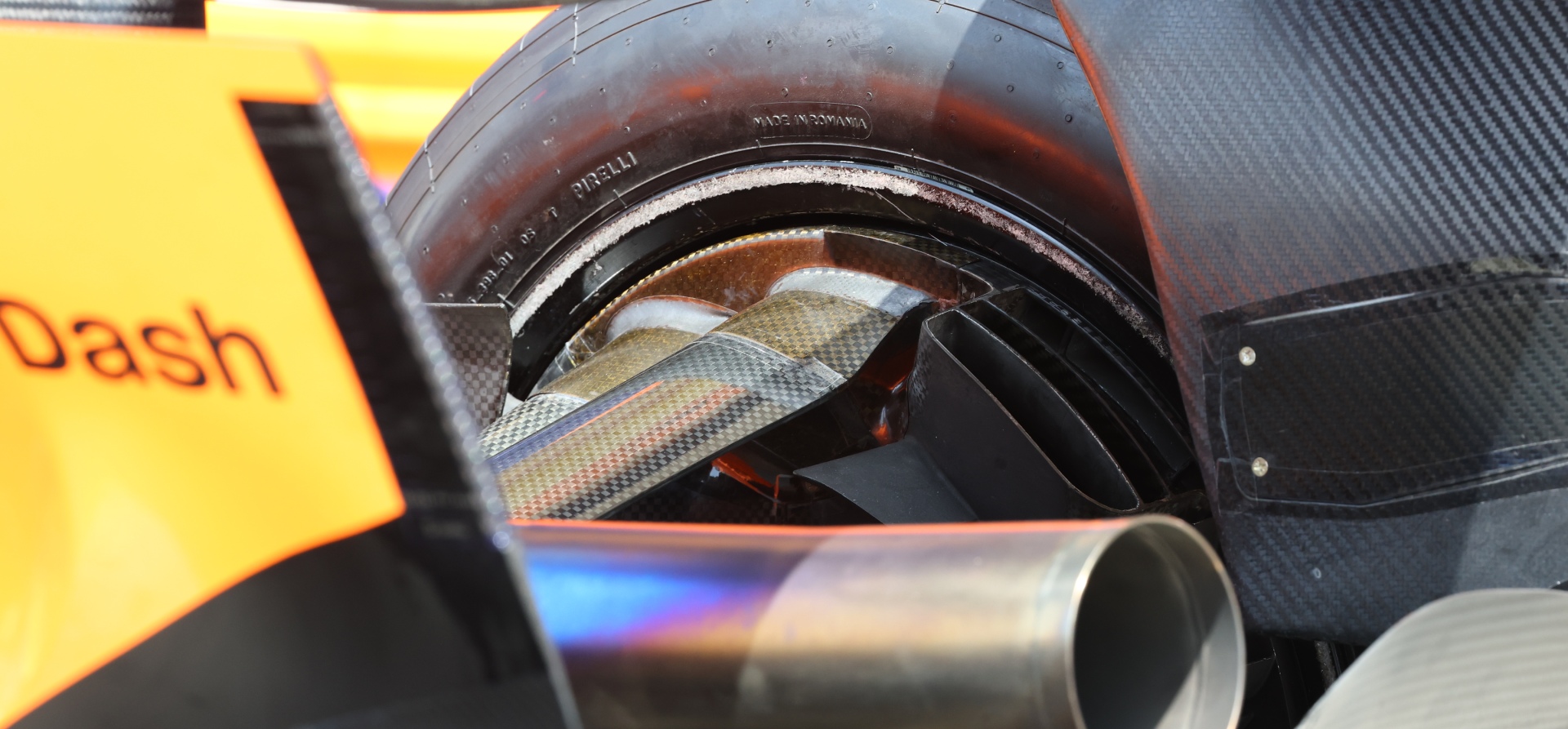
Detail around the rear brakes of the McLaren MCL39 in Bahrain. A large duct carries hot air away from the brakes and towards the sides of the rear wing, helping to cool the brakes and producing a relatively small amount of local load.
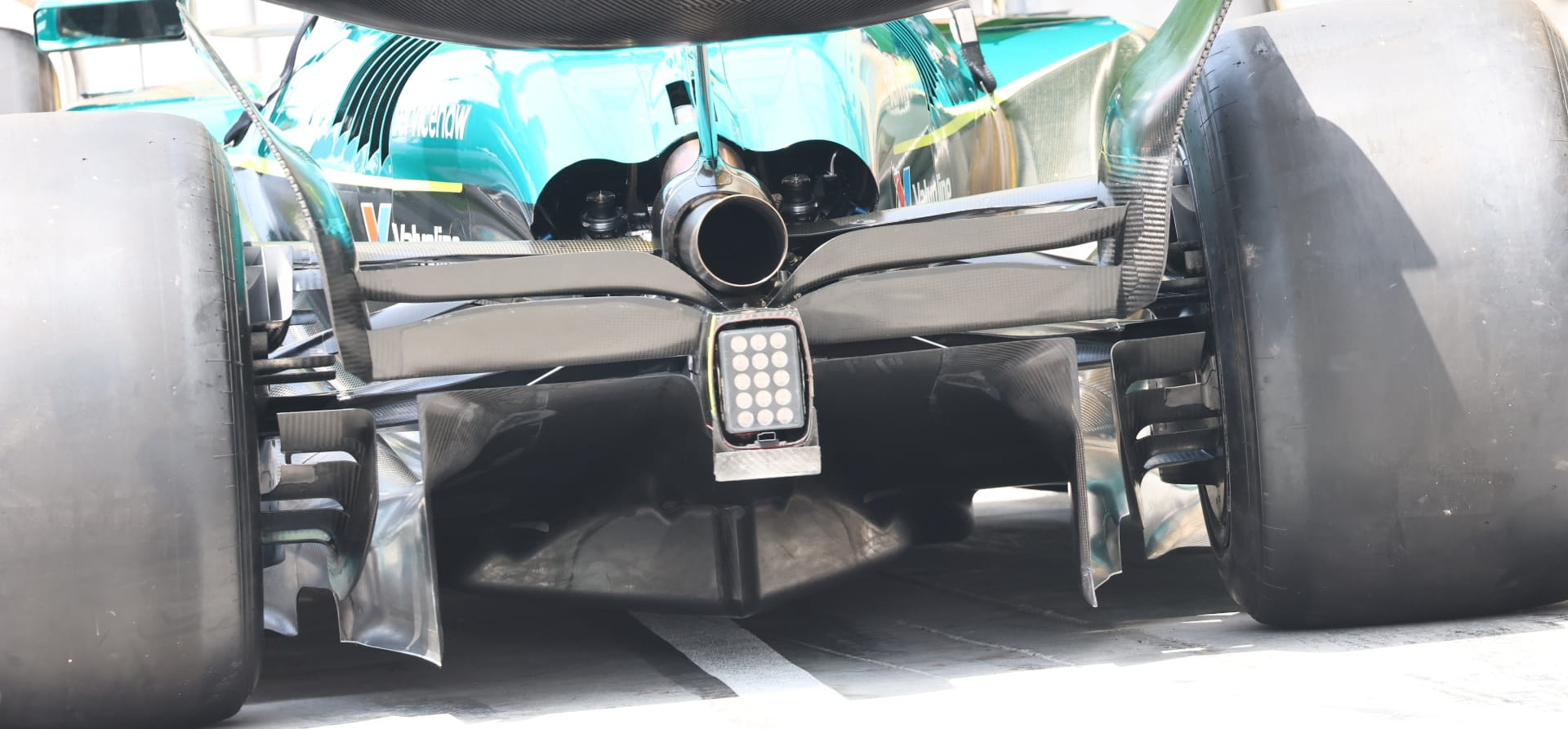
Detail showing the diffuser, beam wings, and rear details of the Aston Martin AMR25 in Bahrain. Aston Martin has struggled with performance and car balance in 2025 - with low and medium-speed corners its greatest weakness early in this F1 season.
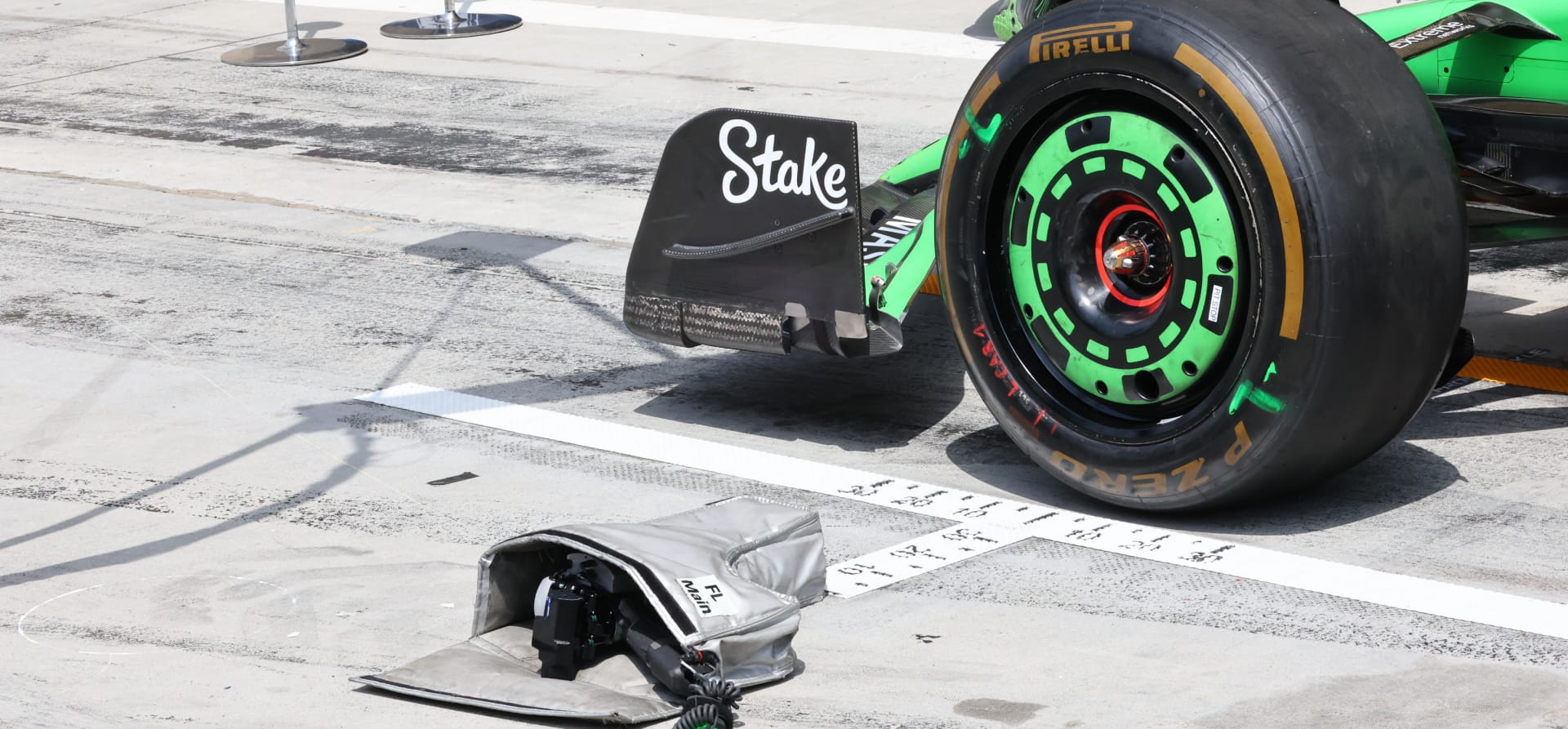
A Sauber pitgun on the ground in Bahrain. Sauber (main image) has worked on its pitstops after numerous problems cost it time and possible points in 2024. This season, the team introduced a new LED system that lights up the wheelnut surround to show the pitcrew that the tyre is properly affixed to the hub.
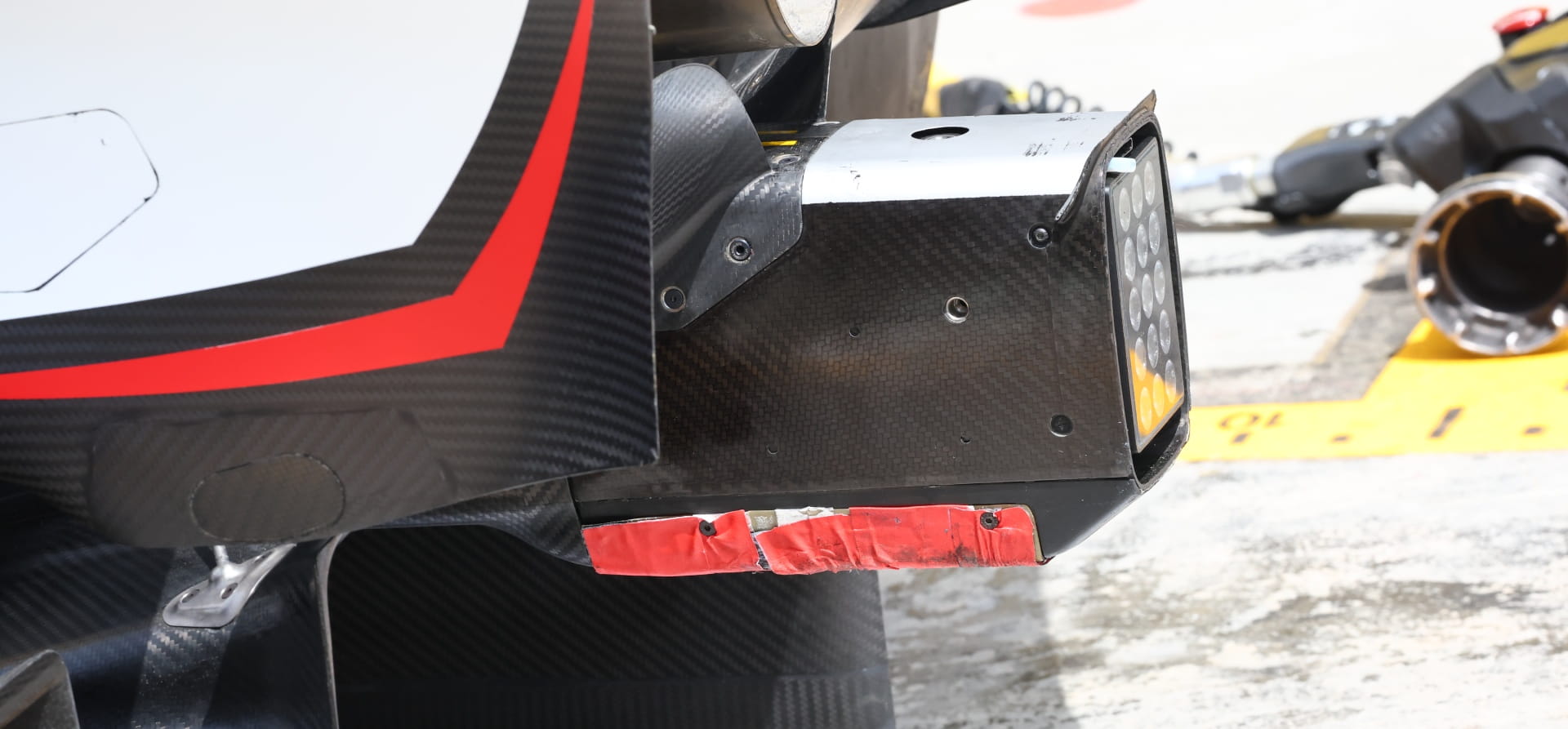
The rear crash structure of the Haas VF-25 in Bahrain. This rear structure houses the light that shows chasing drivers whether the car is recuperating energy. The light also serves to enhance visibility in wet conditions. The rear crash structure is designed to take the brunt of an impact to the gearbox. Esteban Ocon ended up crashing in Bahrain Grand Prix qualifying before scoring points for the team in the race.
2025 Saudi Arabian Grand Prix
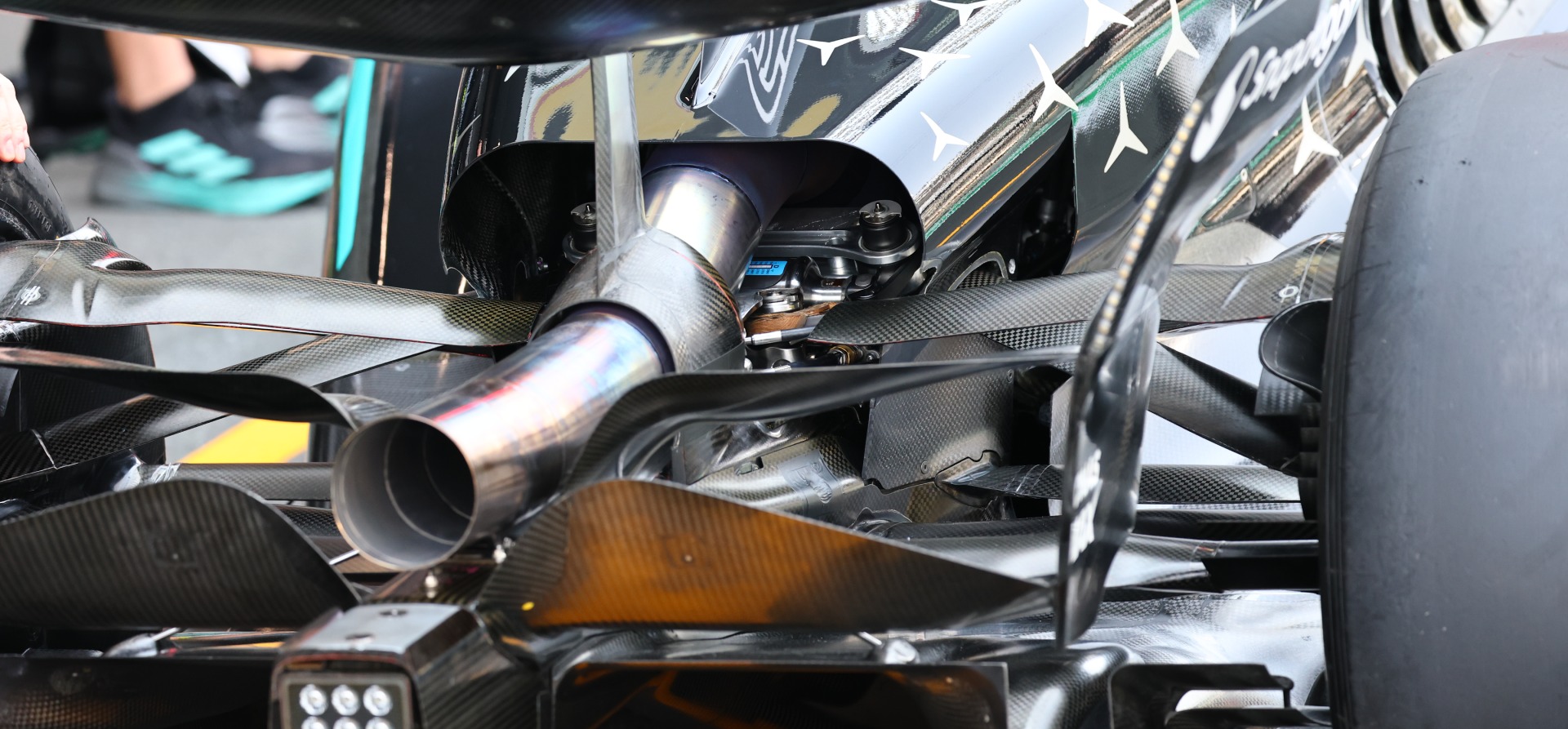
A close look at the rear beamwings of the Mercedes 2025 F1 car at the bottom of this image and, higher up, an opening in the rear of the engine cover that reveals the rear suspension housing of the Mercedes on the right of the exhaust.
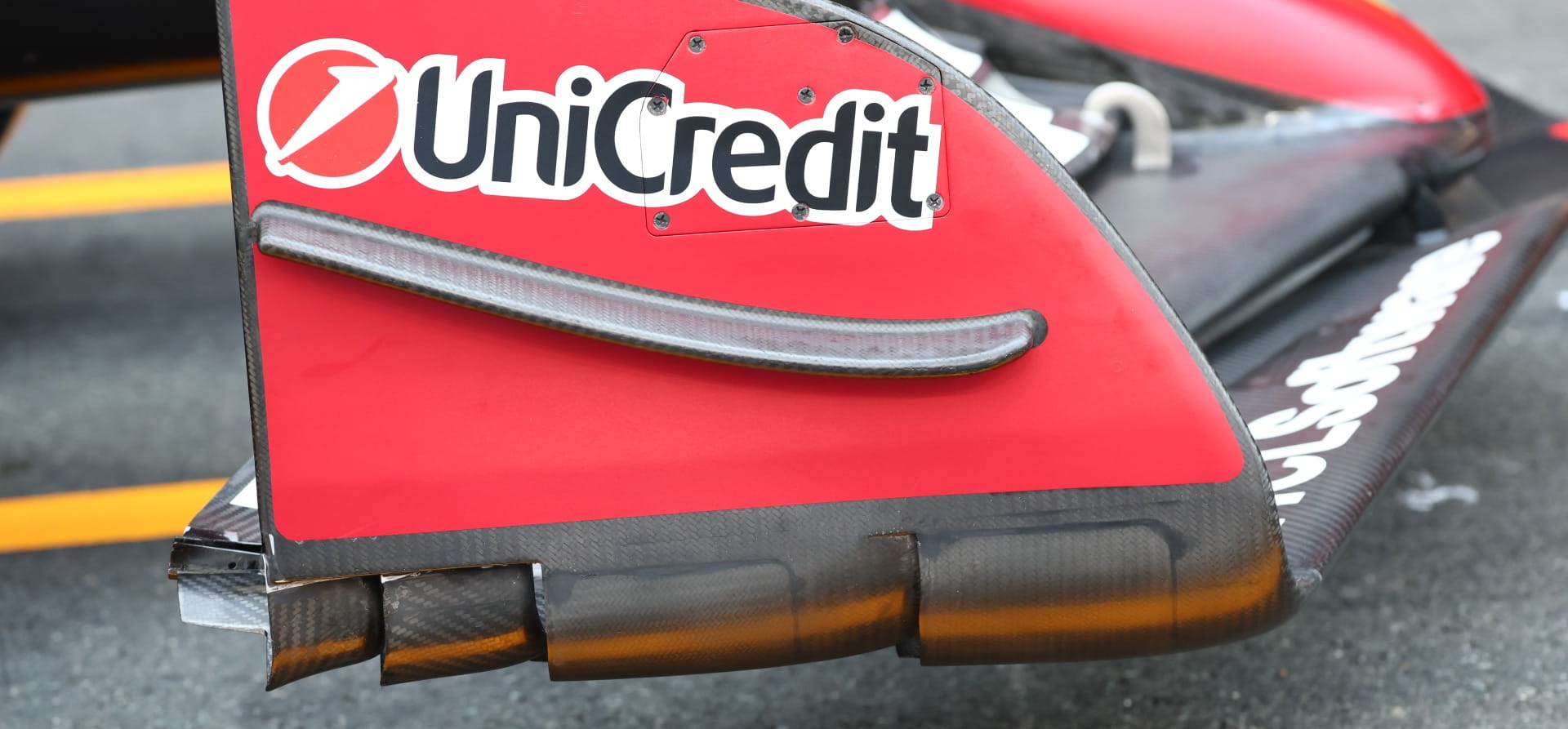
A view of the Ferrari front wing showing the outboard vane (under the UniCredit logo). Below that are openings in the front wing - vanes pointed outwards to deflect airflow and shape vortices towards the floor and outboard of the front wing.
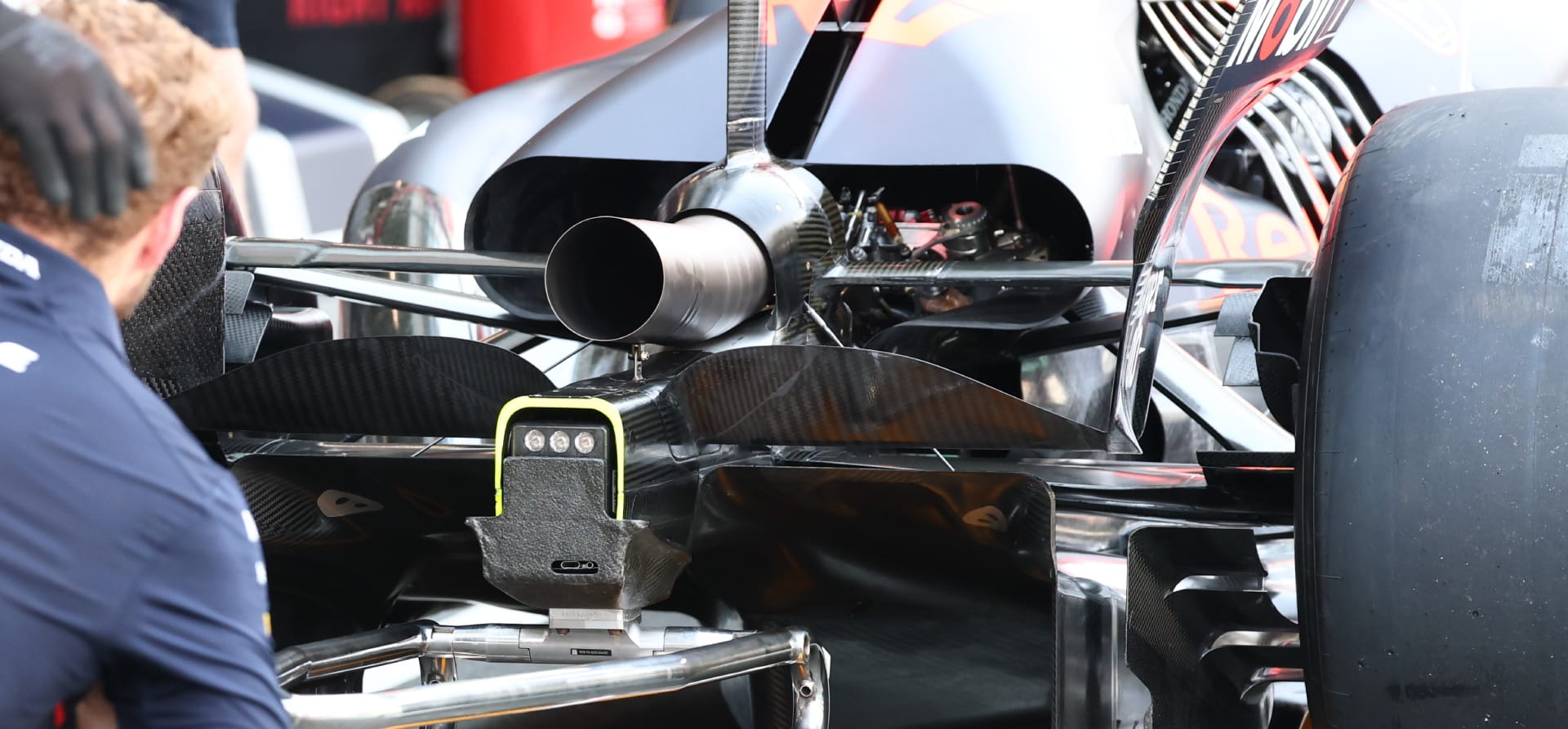
The rear of the Red Bull F1 car. Like the photograph of the Mercedes, the beamwings are visible and, above that, the suspension fairings on the right of the exhaust.
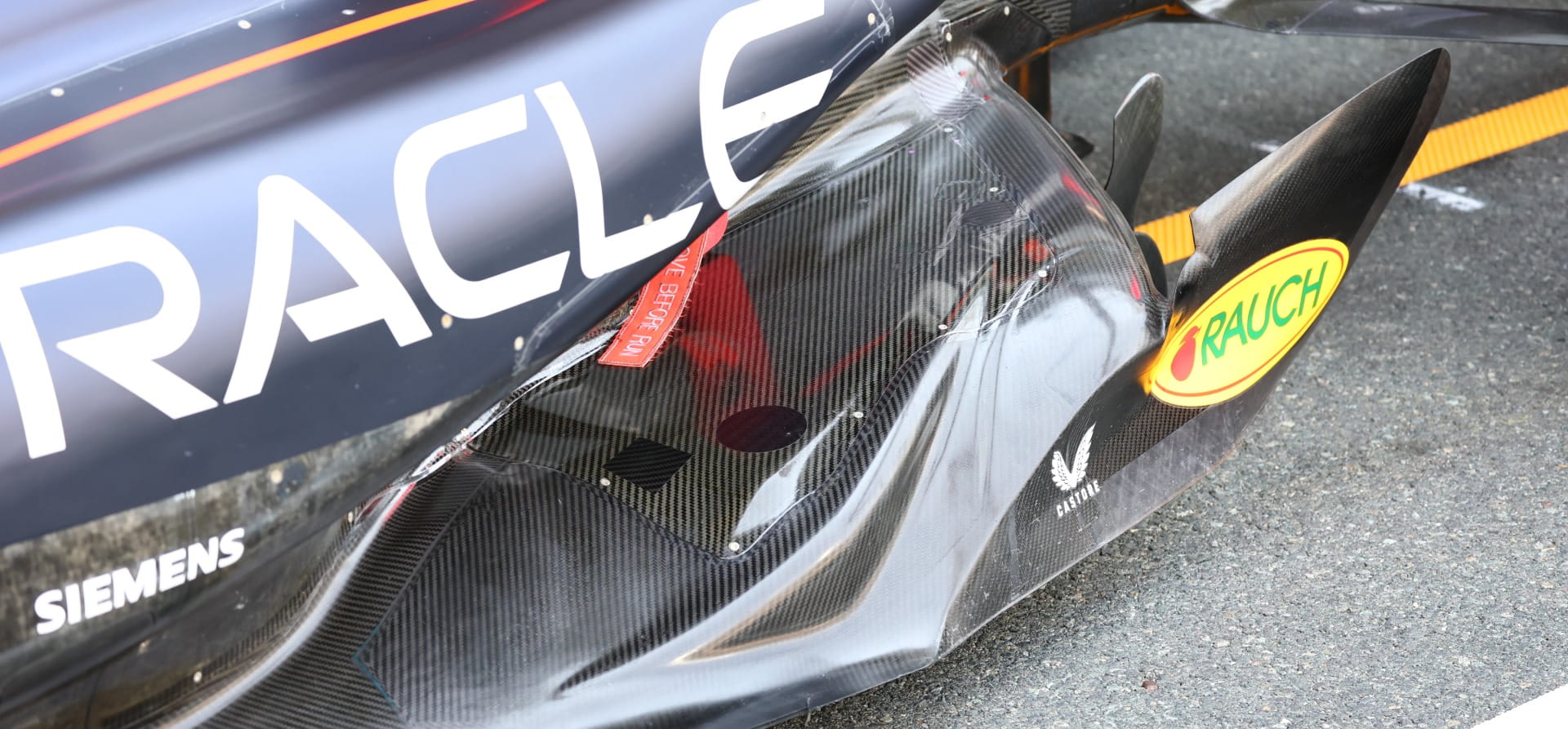
The front of the Red Bull F1 floor showing how large the undercut is and how much the floor protrudes from the side of the car. This area produces local downforce but also directs airflow over the sides of the car and to the rear, producing local load downstream.
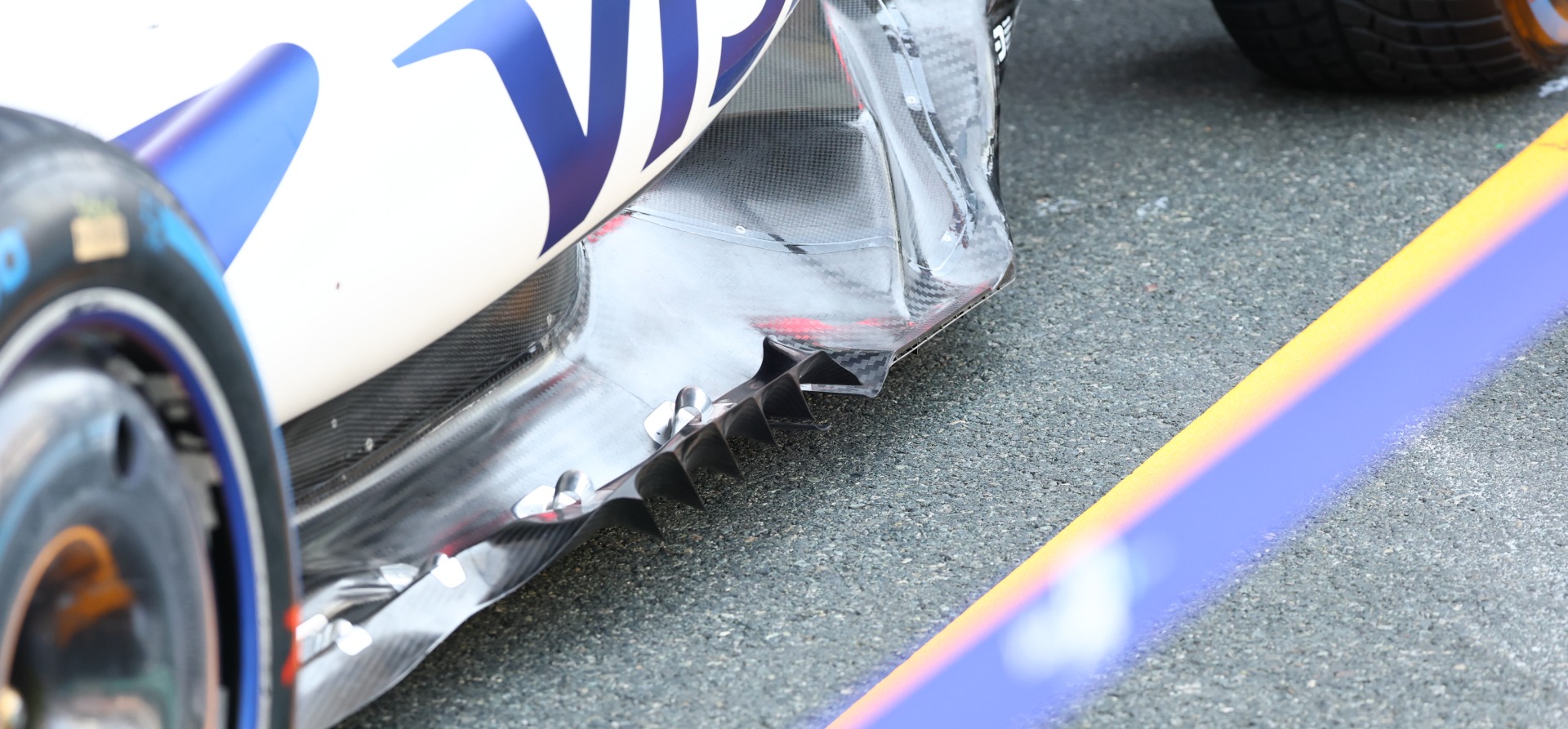
Floor vanes on the outside of the Racing Bulls floor with vanes to energise airflow and prevent it from stalling as it traverses the side of the car, helping to seal the underfloor, create local load, and direct airflow towards the rear of the car.
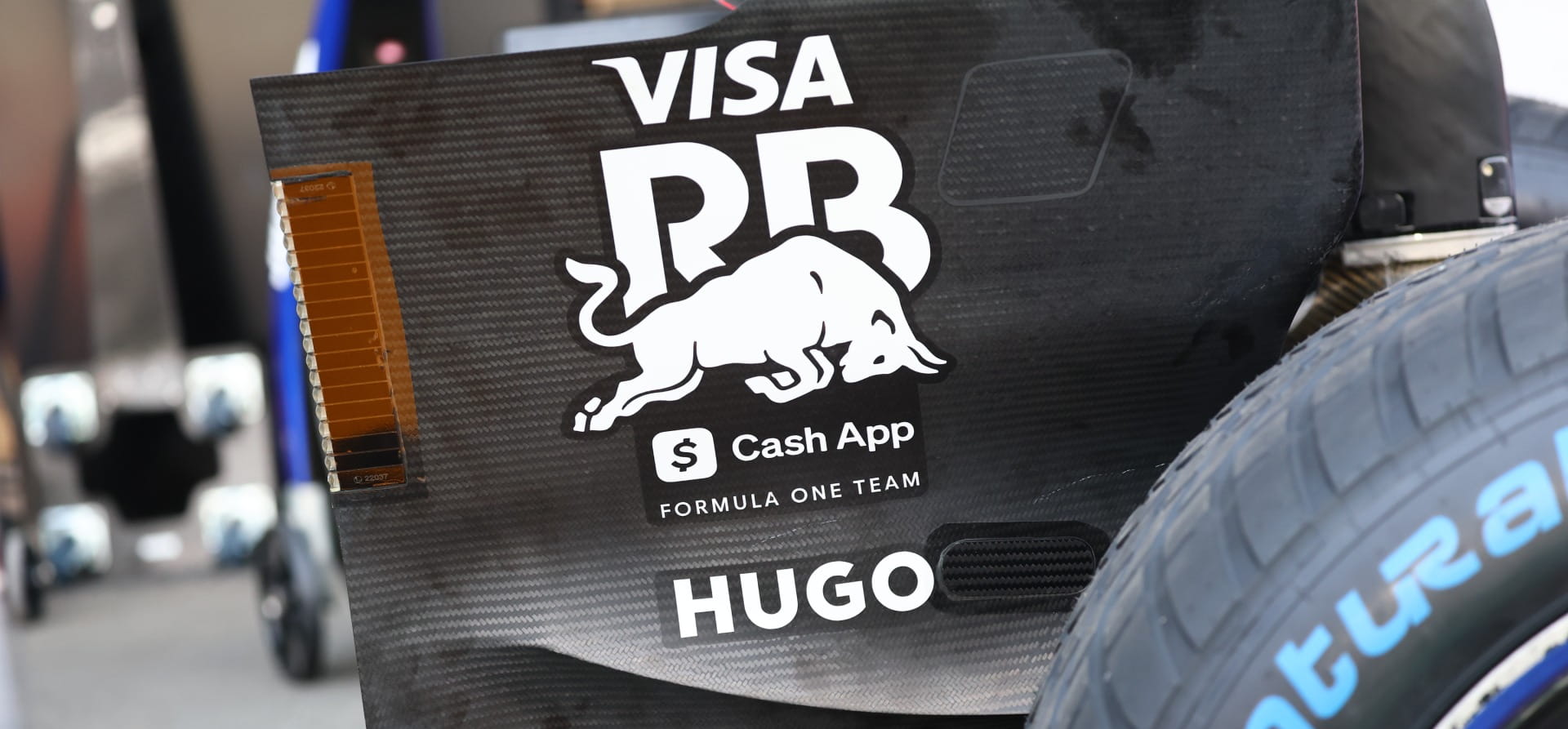
A close look at the Racing Bulls rear wing with the rear light at the very left edge of the endplate. This light is used to show when a car is regenerating energy but also to aid visibility in wet conditions.
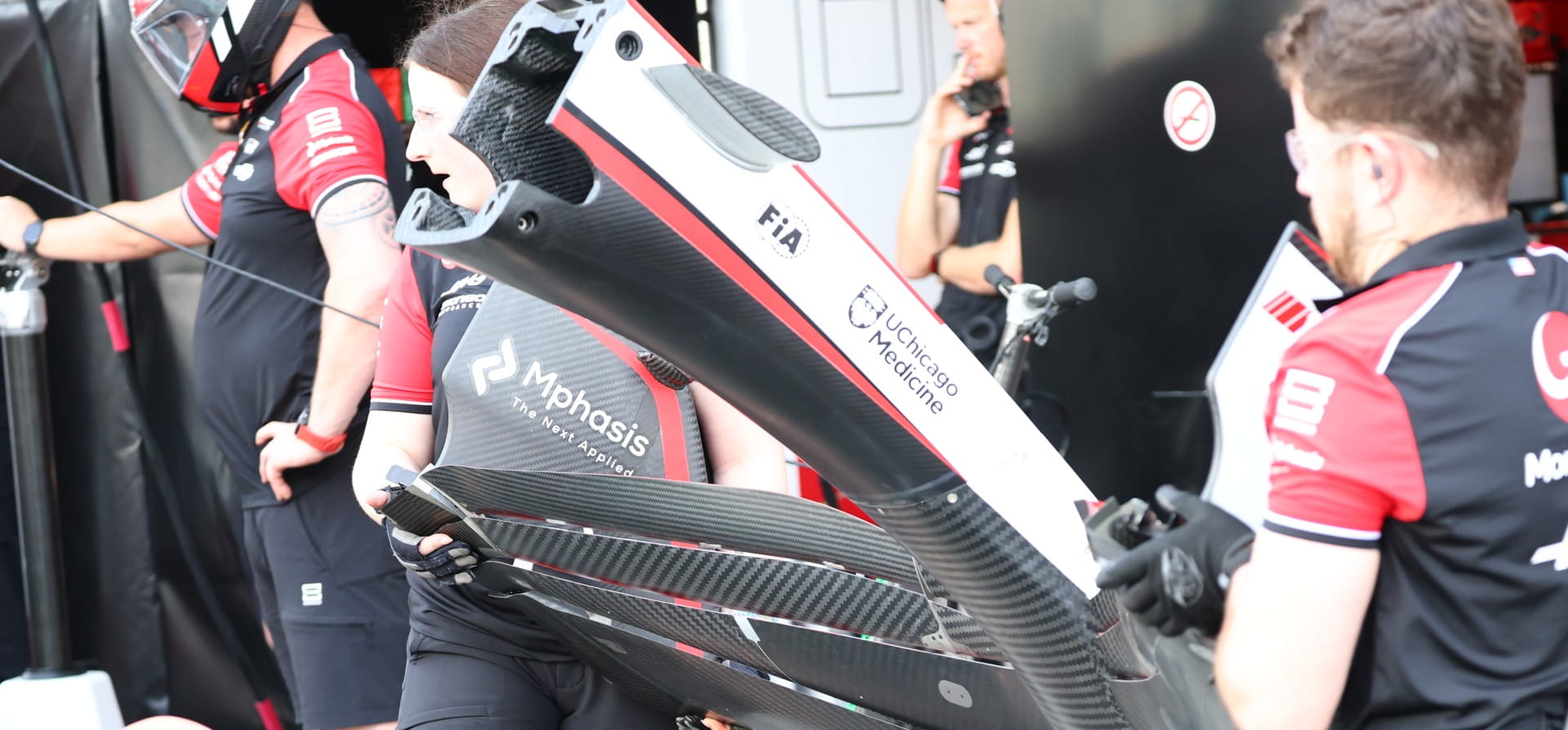
Haas mechanics holding a front wing, with the underside on show. The front wing is mostly hollow with four mounting points enabling it to be detached and reattached swiftly when a replacement is needed.
.jpg?cx=0.5&cy=0.5)
